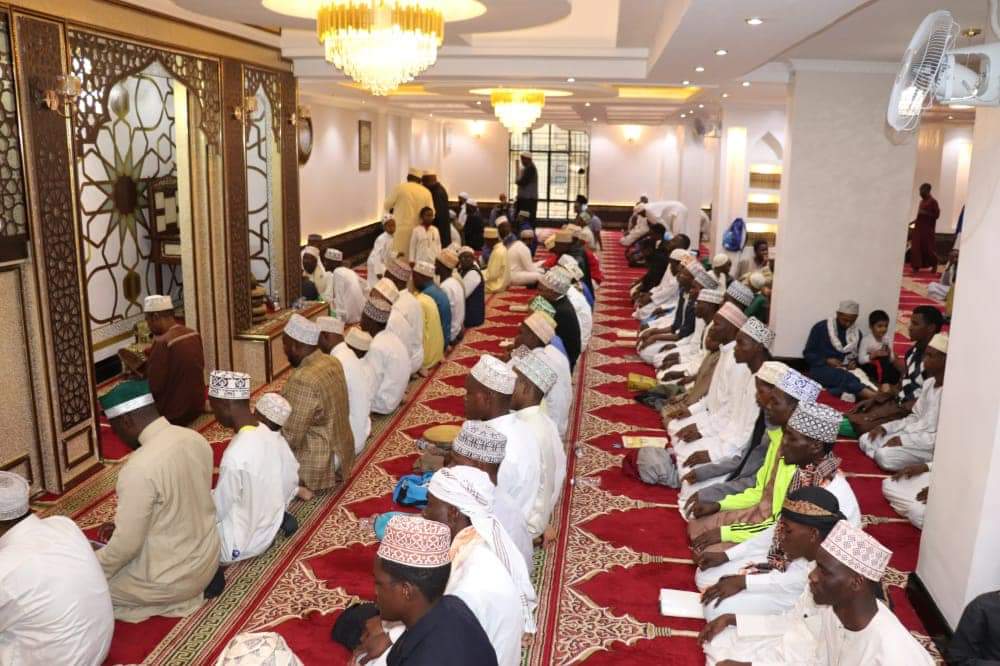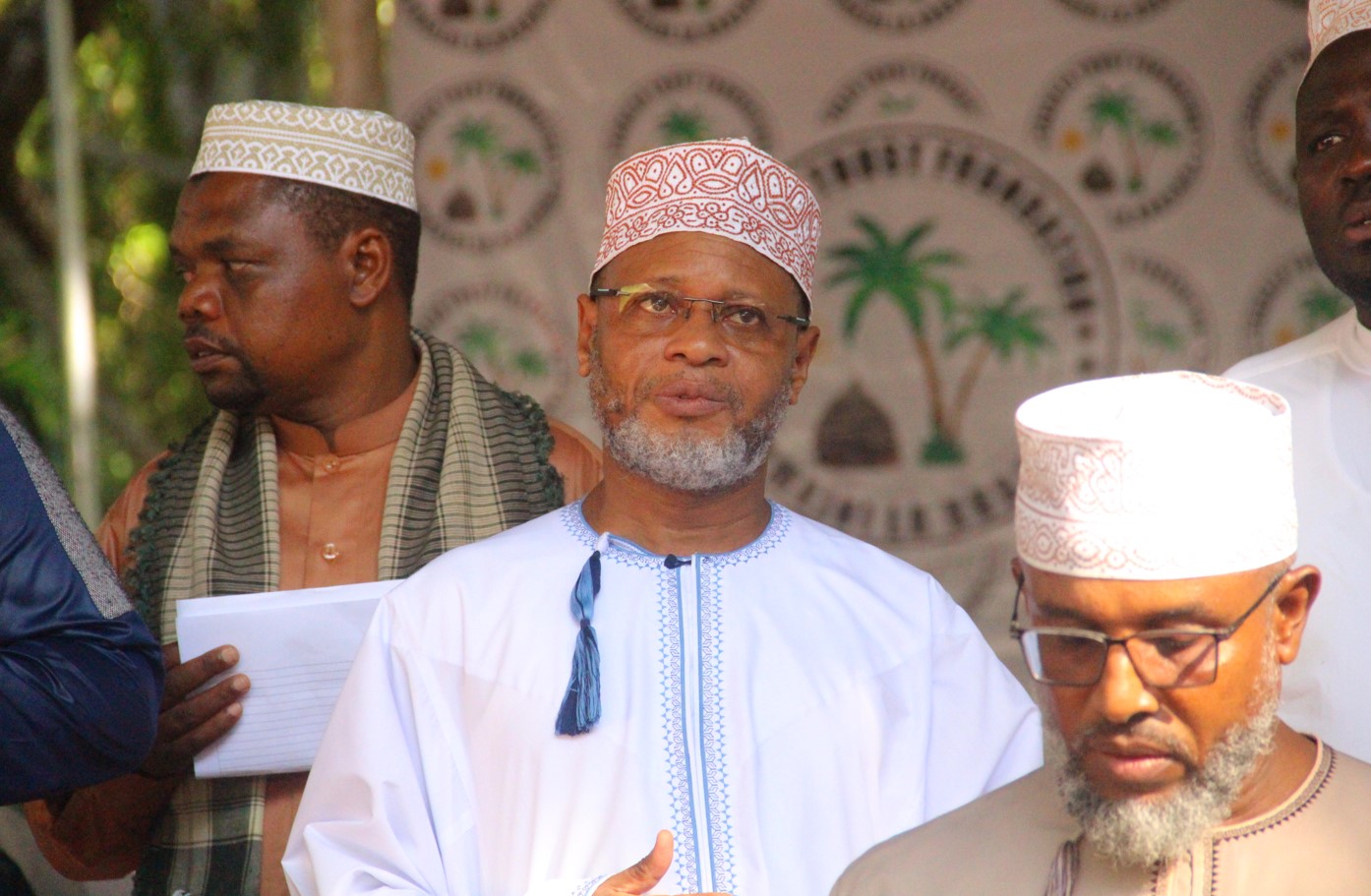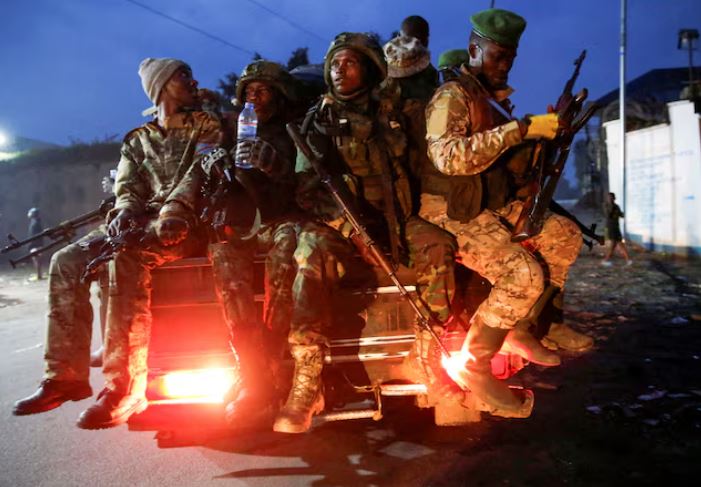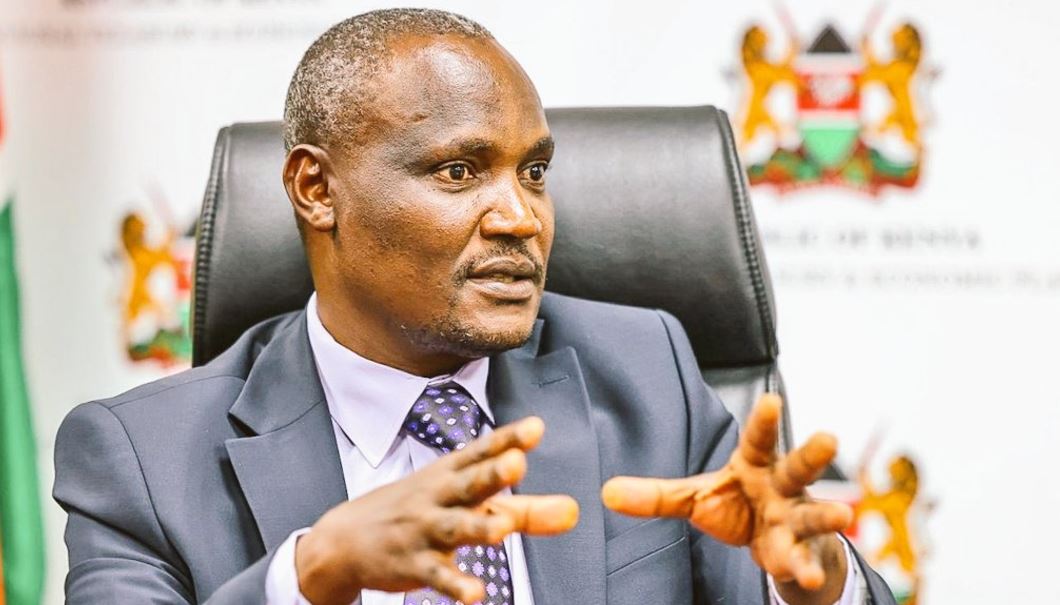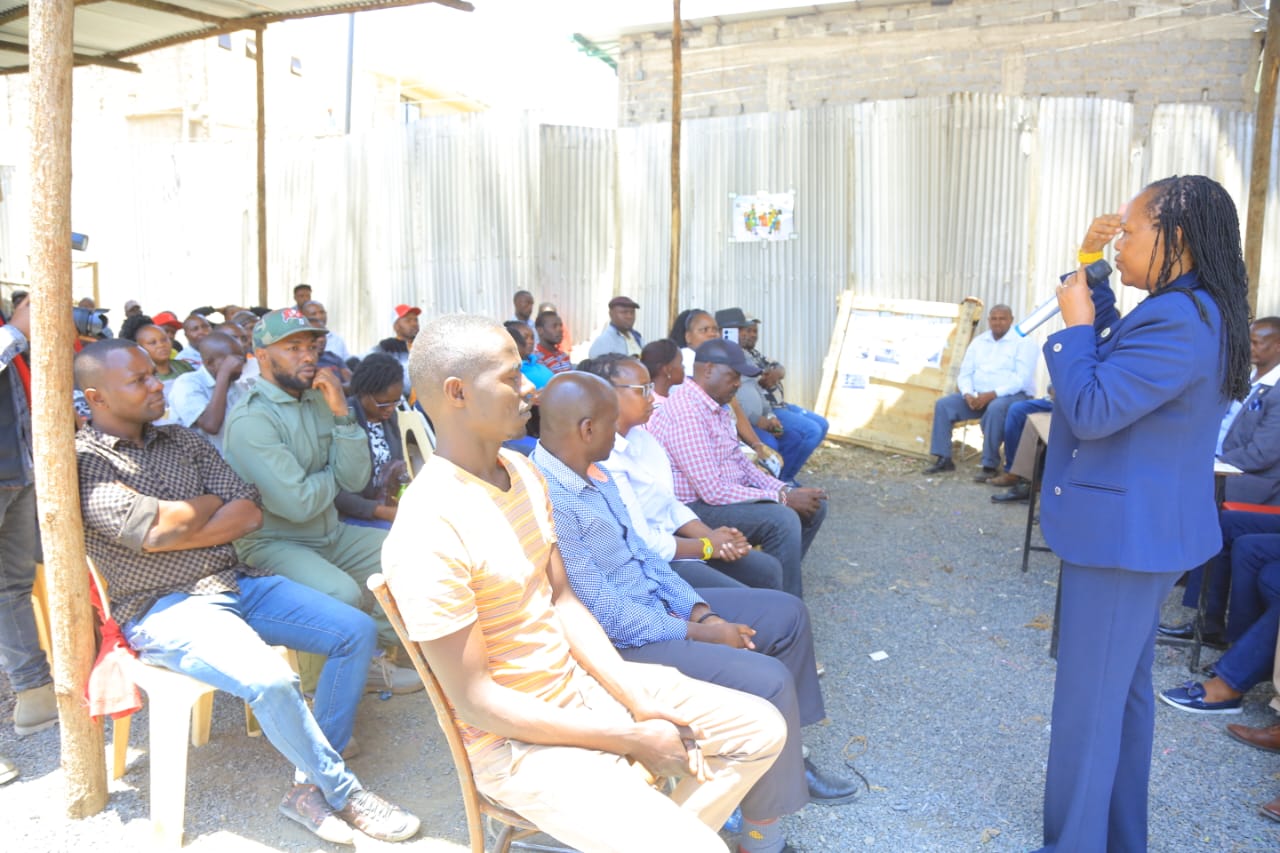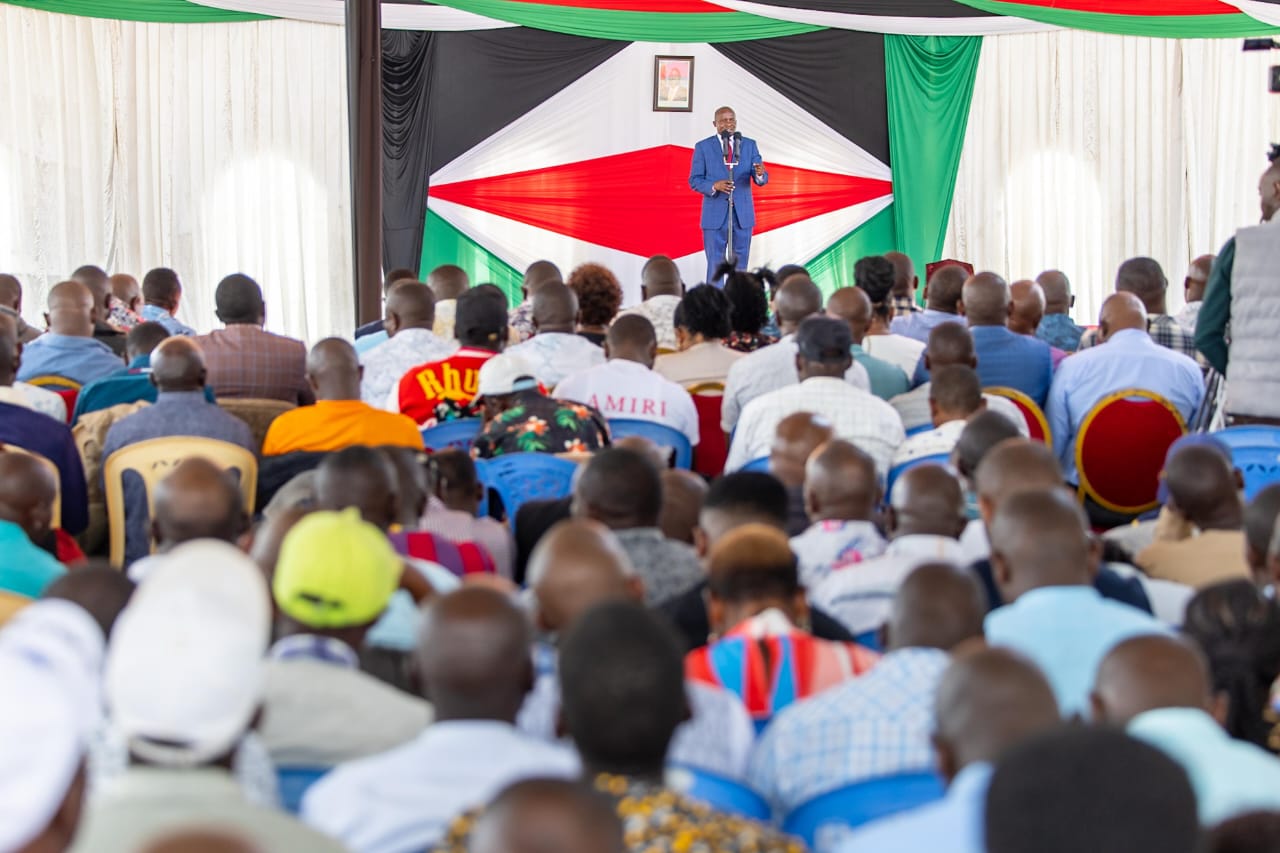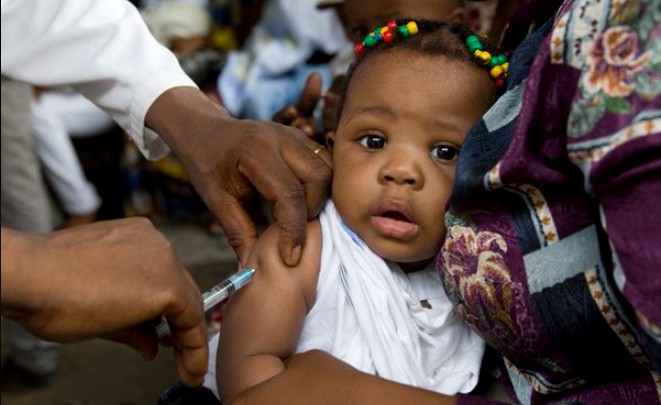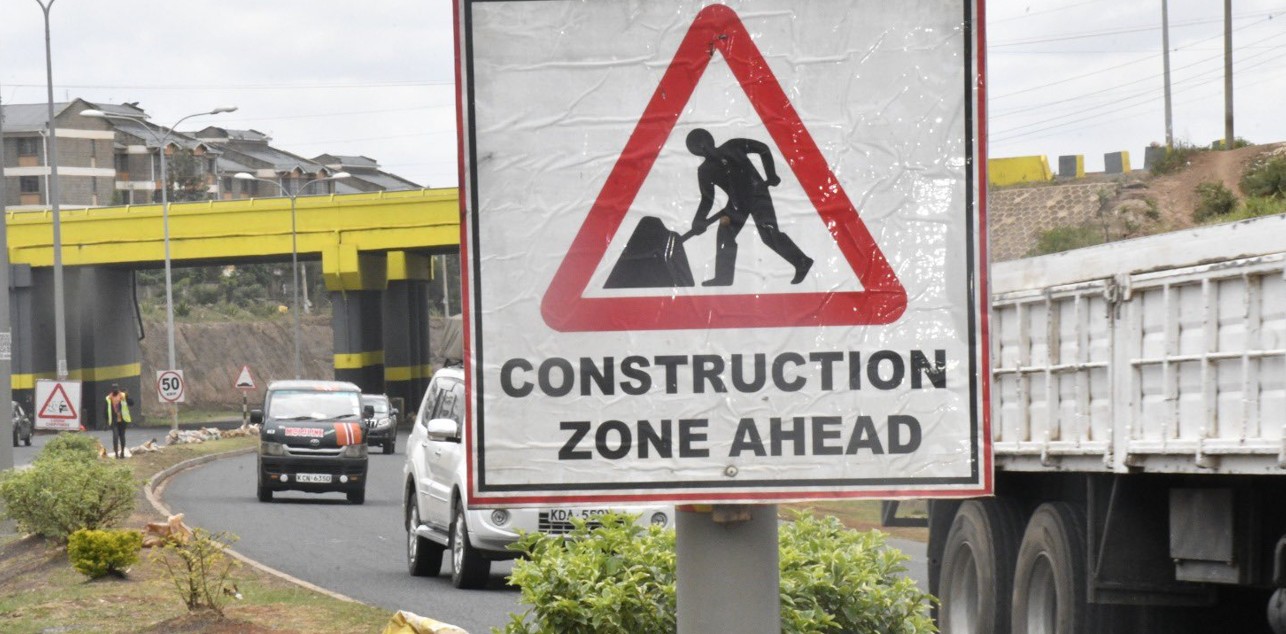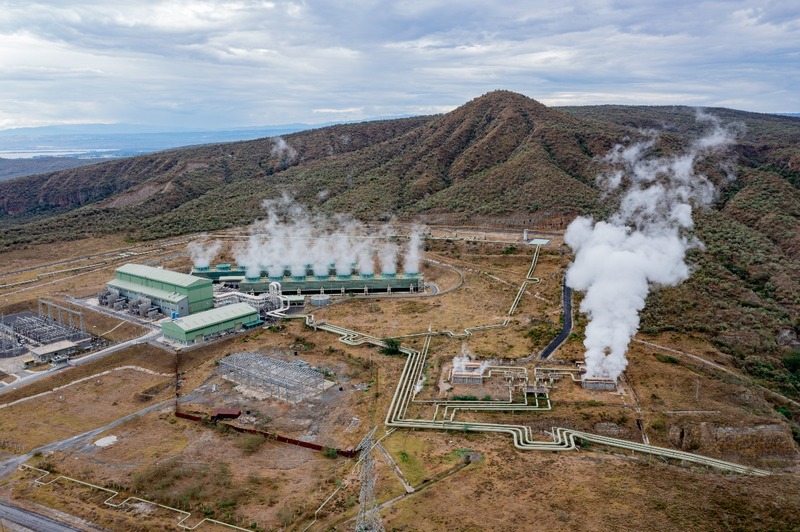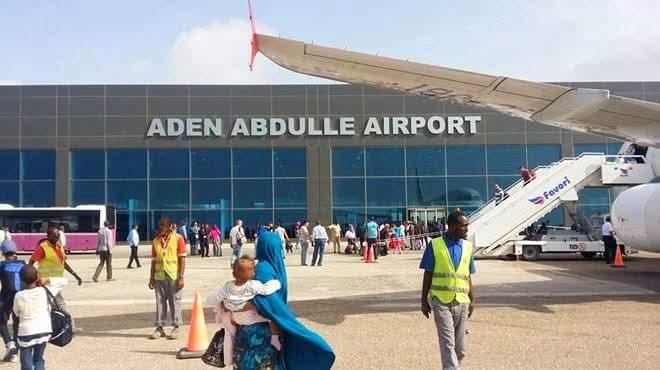45 governors sign medical equipment deal amid concerns over project’s implementation
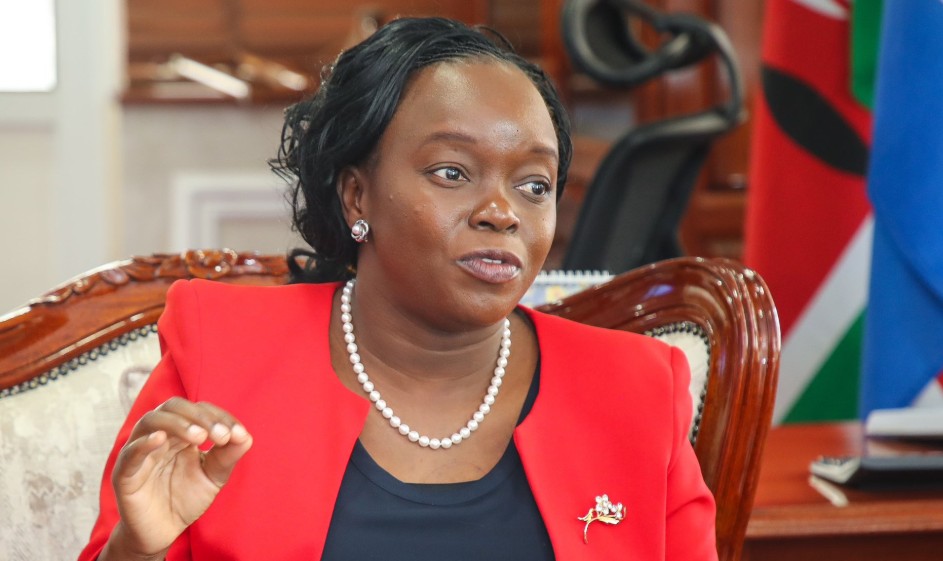
Appearing before the Senate plenary on Wednesday, CS Barasa defended the NESP initiative, stating that it is a critical component of the Universal Health Coverage plan.
Forty-five out of 47 governors have signed an agreement for the supply of medical equipment under the new National Equipment Support Programme (NESP), a leasing initiative aimed at equipping county hospitals.
The programme, which closely resembles the previous Medical Equipment Service (MES) framework, has sparked debate over its implementation.
More To Read
- Local health facilities generate Sh18 billion, boosting county revenues
- KMA proposes formation of a national health services commission to address healthcare crisis
- Healthcare costs rise by 3.3 per cent, putting pressure on household budgets
- Government plans to register over 15 million learners to Taifa Care by April
Health Cabinet Secretary Deborah Barasa confirmed that 36 counties have already placed orders for the necessary medical equipment.
"We have the NESP project where we have multiple counties sign the agreement. Some 45 out of the 47 governors have signed the agreement," CS Barasa stated.
It remains unclear which two governors are yet to sign the deal and their reasons for holding back.
The MES programme, which NESP mirrors, faced criticism from governors who claimed they were pressured into signing agreements without proper consultation. Many complained that essential factors like installation space, electricity supply, and trained personnel were overlooked, rendering some equipment unusable.
"We signed it under duress because the pressure was too much. When I signed it, I didn't even want to read it because the equipment was already there, they were delivered on a Saturday at night," former Kakamega Governor Wycliffe Oparanya had said.
Defended NESP initiative
Appearing before the Senate plenary on Wednesday, CS Barasa defended the NESP initiative, stating that it is a critical component of the Universal Health Coverage plan.
"Within our counties, we are building structures and infrastructure, but we don't have the services in terms of equipment and commodities needed. That is why we have NESP," she explained.
Last year, the Council of Governors indicated that they signed the deal out of necessity, citing challenges in acquiring medical equipment for county hospitals.
Last week, senators launched a probe into the NESP demanding the government disclose the names of suppliers contracted to lease medical equipment to counties.
The Senate Health Committee raised concerns over the programme, which replaced the MES scheme, citing secrecy surrounding supplier selection, especially after President William Ruto confirmed last year that seven firms had been awarded contracts without revealing their identities.
The programme, launched in December 2023, aims to enhance healthcare services in county hospitals by providing critical medical equipment for surgery, radiology, and intensive care.
Payments under NESP follow a fee-for-service model, where vendors supply, maintain, and upgrade equipment at no upfront cost to the counties.
Top Stories Today
